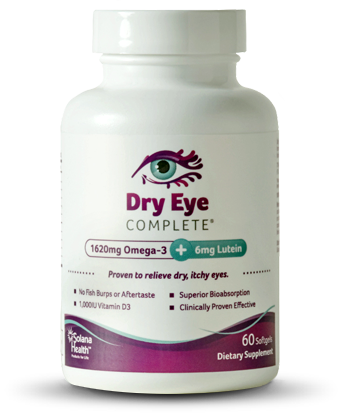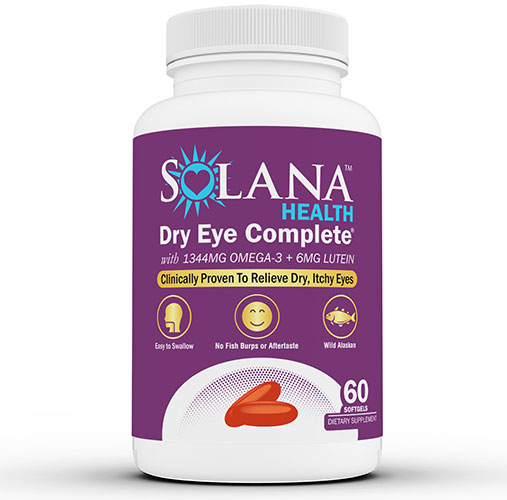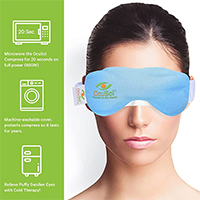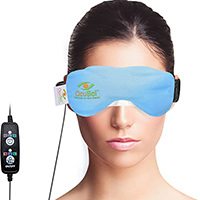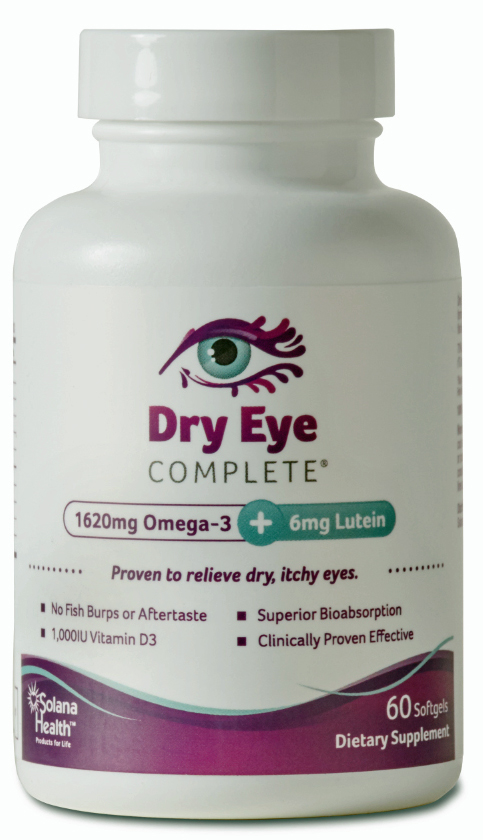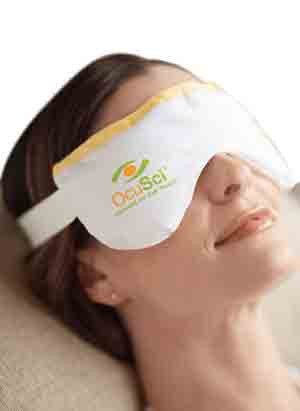Blinking is essential to the overall health and well-being of your eyes. Unfortunately, many of us often engage in certain behaviors, such as reading and staring at computer screens, which make us blink a lot less. In fact, we often blink as little as what we do when we start to get tired, which is around four times per minute. This results in sore, dry, irritated eyes and blurry vision. Frequent blinking is something you need to remind yourself to do.
What Blinking Does
When you blink, you ensure your eyes are covered in a tear film, which contains three specific layers:
- A layer of tears, which lies against the whites of your eyes. This is filled with protein and moisture, enabling the second layer to stick to it.
- A layer of water, which washes dirt and debris out of your eyes. Furthermore, it contains minerals, moisture, and protein, which help to nourish your cornea.
- The outer layer of the tear film, which is an oily substance. It stops the first two layers from evaporating too quickly, as well as provide lubrication that stops your eyelids from chafing on your eyes.
If you do not blink enough, you will deprive your eyes of the necessary nutrients. This means you will strain your eyes more, which is very uncomfortable. It can also cause damage to your eyes, which can be permanent.
Why We Struggle to Blink
Did you know the role media is playing in stopping us from blinking? Firstly, there is the fact that we stare at screens for too long, which lowers our blinking rate. But there is also the fact that people who are on television are actually trained to blink less. This means that we are subconsciously influenced to do the same.
How to Properly Blink
Blinking is a natural response and therefore scientific in nature. The science of blinking means that we fully close our eyelids every time we blink. The optimal frequency of blinking is seven to 10 times each minute. We are quite unique in that, as humans, as other species either blink much faster or slower, and also more or less frequently. Did you know, for instance, that a rabbit will only blink once every seven minutes or so?
When we blink, we squeeze the different glands in our eyes to produce the tear film. This only happens properly, however, if we perform a full blink. Only once your eye fully closes will you squeeze the Meibomian glands to produce the oily layer of the tear, and only when your eyes fully close will you get rid of the old tear and spread the new tear all over your eyes.
Proper blinking is vital for the support of your vision and the health of your eyes. You need to train yourself to blink sufficiently again, which means you gently close and open your eyes every two to four seconds. This means you blink between 15 and 30 times in each minute. If you do this consciously, it will soon become habit, leaving your eyes comfortable and moisturized at all times.
A lot of people think that blinking often will make it difficult for them to read books, watch a movie, or work behind a screen. However, if you give it a try, you will notice that this is not the case. A blink is so quick that it doesn’t actually disrupt your vision in any way.
Some things to remember about blinking include:
- See a blink as the flap of a butterfly’s wings, light and gentle. Visualize this while you train your eyes to blink more frequently.
- Blink regularly whatever it is you’re doing, be that watching television, working behind a computer, reading, driving, or simply doing nothing. Put some reminders up for yourself, such as a post-it note on your screen that simply says “Blink”.
- If you wear contact lenses, it is likely that you blink even less. This is because your eyelids don’t like rubbing on artificial surfaces. Hence, try to avoid wearing contact lenses if you can. They are actually associated with quite a number of other dangers so, while vanity dictates to most of us that lenses are better than glasses, the opposite is actually true.
A blink helps us to lubricate and nourish the eyes. Another thing to further support this is to actually frequently close your eyes in full. This will also give them a chance to really absorb the nourishments in your tear film, and to simply have a rest. For optimal effects, blink a few times and then keep your eyes closed for a few minutes on the last blink.
You may think that blinking doesn’t really do all that much for your overall health, but that is untrue. It is an action that may seem insignificant, but is actually vital to your overall health. The older we get, the less efficient our eyes will be, so it becomes even more important to blink regularly.
The Benefits of Blinking
The table below highlights some of the benefits that you experience every time you blink.
| Benefit | Details |
| Moisturizing the eyes |
|
| Protection of the eyes |
|
| Removing bacteria |
|
| Leaving your optical surface smooth |
|
| Providing nutrients |
|
What About Excessive Blinking?
Reading about this, it may seem that the more we blink, the better our eyes will function. This is not true, however. There is such a thing as excessive blinking, which can lead to the eyes being overly watery. With some people, excessive blinking is a type of ‘tic’, meaning they can’t help it. While a blink does not disrupt vision, excessive blinking has a stroboscopic effect, and this will make it more difficult to see things properly. Excessive blinking can be caused by:
- Involuntary tics
- Having something stuck in your eye
- Fatigue and stress
- Dry eye system
- Nervous system disorders
- Having dirty or old contact lenses
- Allergies
- Diseases like Parkinson’s disease
Blinking is vital for the overall health of your eyes. There are lots of things you expose your eyes to on a daily basis that will make them dry and strained, and not blinking will make that situation worse. Because so many of us use computer screens as part of our daily life now, it is also possible that you will develop computer vision syndrome (CVS) due to forgetting to blink and you could develop dry eye syndrome (DES), which is a chronic condition, as well. Your body should produce sufficient tears naturally, so long as you remember to blink regularly. If this doesn’t work, there may be something wrong with your eyes that needs investigating. You should never self-diagnose or self-medicate when it comes to your eyes, but always seek medical attention and have regular eye exams. Also, consider having a bottle of artificial tears or rewetting drops on you at all times.
Resources and References:
- Science and Art of Blinking – Information on the correct way to blink. (National Keratoconus Foundation)
- The Benefits of Blinking – Information on the advantages of blinking. (American Optometric Association)
- Potential Dangers of Contact Lenses – Information on how contact lenses can affect the eyes. (Dr. Ben Kim)

